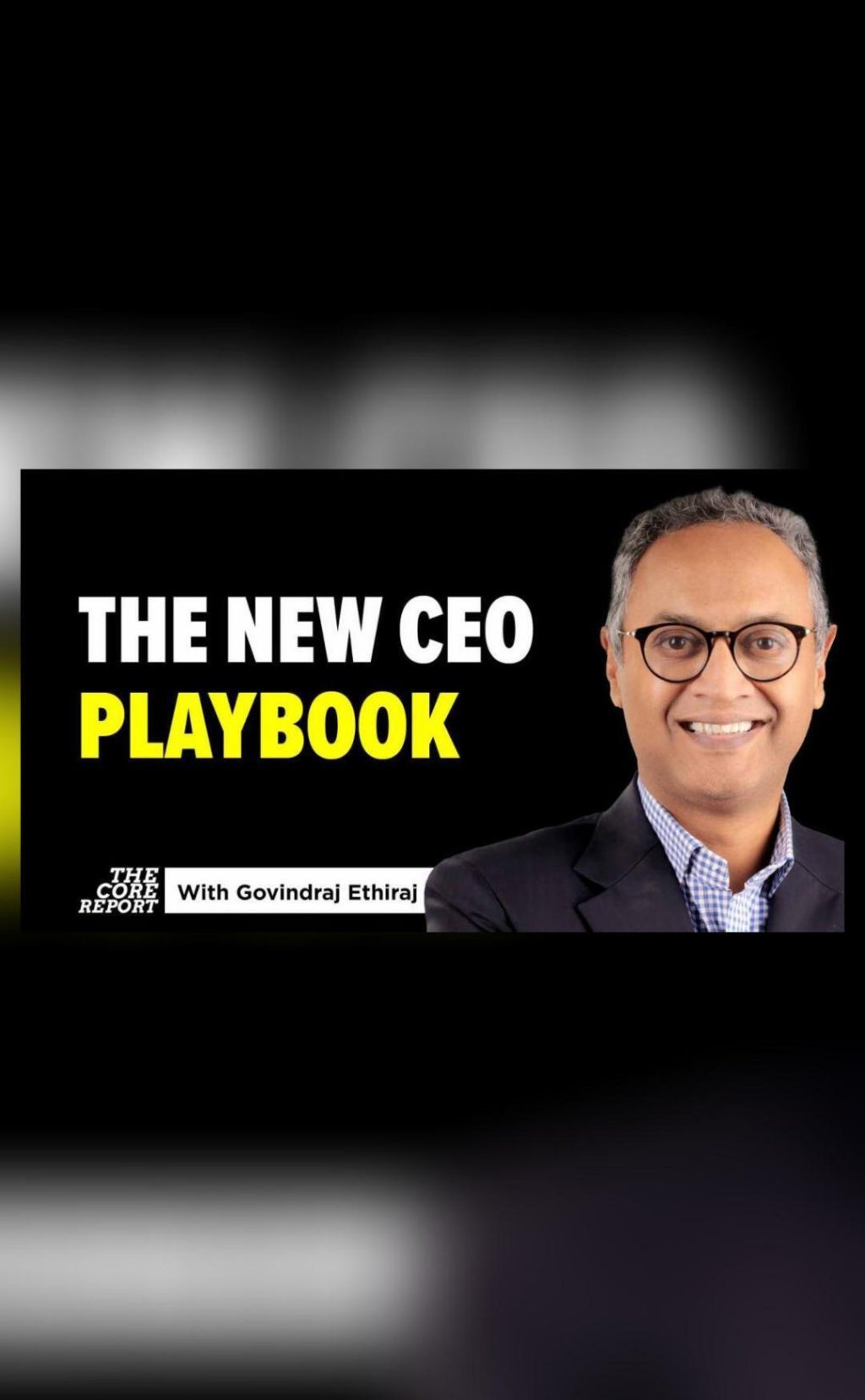
The New CEO Playbook: AI Pressures & Global Tariff Shocks
As the world grapples with the rapid evolution of artificial intelligence (AI) and the unpredictable twists and turns of global trade policies, CEOs are facing a daunting array of challenges. The pressure to automate and innovate is mounting, while the threat of tariff shocks is disrupting trade and testing the resilience of businesses worldwide.
In this new reality, CEOs must rethink their strategy and operations to navigate the treacherous landscape of AI-driven disruption and tariff-induced uncertainty. With no guarantee of stability, companies are being pushed to localize, adapt, and reconsider long-held business models.
The Rise of AI: A Double-Edged Sword
AI has the potential to revolutionize industries, streamlining processes, improving efficiency, and unlocking new revenue streams. However, its impact is not without its challenges. The increasing reliance on automation is putting jobs at risk, forcing companies to retrain and upskill their workforces. Moreover, the need to invest in AI infrastructure and talent is placing a significant strain on company resources.
In a recent interview, Satya Nadella, CEO of Microsoft, warned that the pace of AI adoption is forcing companies to adapt quickly or risk being left behind. “AI is not just about technology; it’s about people and the way they work,” he said. “You need to have a clear strategy and a clear vision of how you’re going to leverage AI to drive business outcomes.”
Tariff Shocks: The Unpredictable Wildcard
The introduction of tariffs by major economies has created a perfect storm of uncertainty, making it challenging for companies to predict and prepare for the future. The tariffs imposed by the US on China, in particular, have sent shockwaves through global supply chains, forcing companies to re-evaluate their sourcing strategies and find alternative suppliers.
The impact of tariffs is not limited to trade; it is also having a significant impact on companies’ financial performance. In a recent earnings call, the CEO of Caterpillar, Jim Umpleby, warned that the company is facing significant headwinds due to the tariffs. “The tariffs are having a significant impact on our business, and we’re doing everything we can to mitigate that impact,” he said.
The New CEO Playbook: 5 Key Takeaways
In light of the AI pressures and global tariff shocks, CEOs must adapt quickly to the new reality. Here are five key takeaways for CEOs looking to navigate the challenges ahead:
- Localize and Adapt: Companies must localize their operations to mitigate the impact of tariffs and adapt to changing market conditions. This may involve shifting production to countries with lower tariffs or finding alternative suppliers.
- Invest in AI Infrastructure and Talent: AI is the future of business, and companies must invest in the infrastructure and talent needed to leverage its potential. This includes investing in AI training programs for employees and developing AI-powered solutions to drive business outcomes.
- Rethink Business Models: The tariffs and AI pressures are forcing companies to rethink their business models and find new ways to create value. This may involve diversifying revenue streams, developing new products or services, or entering new markets.
- Focus on Operational Efficiency: Companies must focus on operational efficiency to reduce costs and increase productivity. This may involve streamlining processes, reducing waste, and implementing lean manufacturing techniques.
- Develop a Crisis Management Plan: The tariffs and AI pressures are creating a high level of uncertainty, and companies must develop a crisis management plan to prepare for the unexpected. This should include identifying potential risks, developing contingency plans, and communicating effectively with stakeholders.
Conclusion
The new CEO playbook is all about adapting to the unpredictable world of AI pressures and global tariff shocks. Companies that can navigate these challenges will be well-positioned to succeed in the future. By localizing, adapting, investing in AI, rethinking business models, focusing on operational efficiency, and developing a crisis management plan, CEOs can turn uncertainty into opportunity and drive growth in the years ahead.
News Source:






